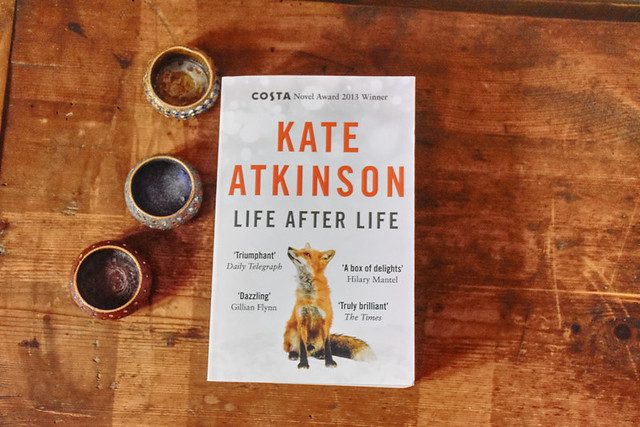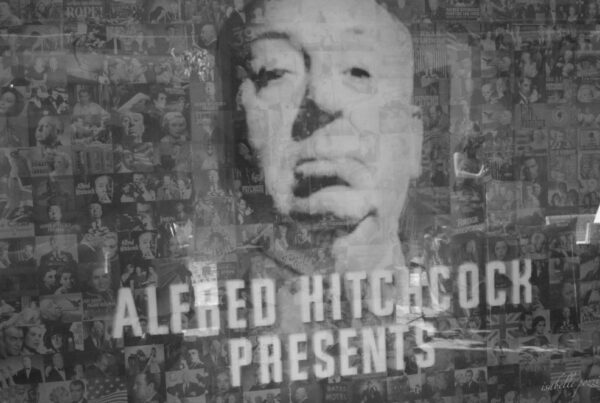I put it partly down to TripAdvisor restaurant reviews that I don’t have as much hair now as I did ten years ago. With my travel writing hat on, I often have to enter its murky world of UGC (user generated content). Too many times, the absolute guff I read has me tearing my hair out. Now we’ve returned to the UK, we have access to far more books. And reading more novels means more perusing of book reviews on Amazon and Goodreads.
These can be every bit as frustrating as TripAdvisor restaurant reviews. Obviously, there are many useful and trustworthy reviews but, as with TripAdvisor, there are also loads which can be instantly discarded once you’re aware of the pitfalls to look out for.
Ten tips for deciphering book reviews on Amazon and Goodreads
1. Huffy reviewer
People read books about places they know and like. If that place isn’t portrayed in glowing terms, they can be outraged and give it a poor review whether it’s a good book or not. The Corfe Castle Murders, winner of the 2021 Kindle Storyteller Award, is set in Dorset and some negative reviews illustrate my point: “Why she has to pollute the atmosphere in a beautiful town of Corfe castle? Please stay in some city, well away from normal peaceable people.”
I understand why people don’t like it, but it’s not relevant to whether other people will like a book or not, so reviews where a personal slight is perceived should be discarded.
2. Offended by bad language and authenticity
Understandably, some people read to escape reality. Gritty books are not for them, but sometimes they stray into reading books where expletives are commonplace and there are harrowing scenes. Douglas Stuart’s Shuggie Bain is a brilliant and moving account of the harshness of life in the West of Scotland. It is not to everyone’s tastes, as illustrated by reviews like this: “A course book full of swearing and dirt. Thought it was rubbish and would not recommend it at all to anyone.”
Personally, I skip over any book reviews on Amazon or Goodreads that complain about bad language. It reveals a personal preference. I want books of a certain genre to reflect life accurately, not how the reader would like the world to be.
3. Pretentious nonsense
There’s an overlap here with the world of restaurants. People criticise that which they don’t understand, and pretentious is an easy term to throw about. Michelin star restaurants get accused of it and so do books which, equally, break the mould in one way or another. “What a ridiculous, pretentious load of rubbish.” Wrote one reviewer about Sara Winman’s Still Life which is neither ridiculous nor pretentious, and certainly isn’t a load of rubbish.
There are novels whose avant-garde styles could be described as pretentious. I’d apply it to Lincoln in the Bardo, which I didn’t get on with even though it is undeniably clever. It just wasn’t for me. If reviewers acknowledge a book isn’t to their liking and say why, then I’ll take them seriously. But if they simply trash it, I move on.
4. There’s a secondary reason for a negative review
Some reviewers’ words reveal what it is that’s really irked them about a book. Take the one I mentioned above for Still Life. The reviewer went on to complain “the preponderance of gay themes was gratuitous…” which is what really led to a 1-star review.
I’m not interested in anyone’s petty prejudices. Move on.
5. The grammatically distracted
This is a biggie which crops up time and time again. Some people prefer things to remain just the way they like it, like cats with their bowls. But the most creative writers play around with language, traditional grammatical practices, and punctuation … and it drives some folk mad. They can’t handle it. Using Still Life as an example again, the author dispensed with speech marks altogether … shock, horror. “The dialogue was confusing and sometimes hard to follow, made worse by the lack of quotation marks” – a comment reflected by other reviewers.
I don’t give any credence to reviewers who are hung up on technicalities. Writing is meant to be creative for heaven’s sake.
6. Genre sticklers
I don’t stick to specific genres, so it’s taken a while to spot this one. Some people who do favour specific genres do not like when authors tinkle with tried and tested formats. John Banville’s Snow is a crime thriller that’s about more than a simple murder mystery, which is what upset some genre fans, like this reviewer: “Billed as a spooky country house murder mystery, it’s actually a tale of revenge porn about a Catholic priest who preys on vulnerable young boys.” It’s a review which reveals two reasons for some negative reviews. One, it didn’t fit the conventional format for the genre. Two, it focussed on an uncomfortable topic, and some readers really don’t want that (see number 2 and 4 above).
Personally, I don’t care for formulaic writing, so ignore all reviews from those who do.
7. Easily bored
There are some books in which not a lot happens, but they are still compelling. Maggie O’Farrell’s Hamnet is one. It’s a masterpiece, so brilliantly written it makes me want to give up writing right now. Yet it only gets a 64% 5-star rating on Amazon thanks to reviews like this: “A saga that seems to go nowhere. I kept waiting for something significant to happen and sadly, it didn’t.” It’s a review that’s criminal, and destructively misleading.
I’m wary of reviewers who complain ‘nothing happens.’ I won’t instantly dismiss them as some books are tedious. But there’s also a danger they’re the sort of reader who thinks if a book isn’t packed full of action, it’s not worth reading.
8. Sticklers for detail
Fictional novels are, well, works of fiction, so I don’t get too hung up on minor details which might not be 100% spot on, as long as we’re not talking about howlers. Kate Atkinson says about her novel Life After Life that she totally made up some descriptions, like the entrance to a real London club. They were details that didn’t matter or interfere with the plot.
If a reviewer marks a book down because a statue in Florence wasn’t where it should be, their review gets dumped in my virtual dustbin.
9. Confused
This seems to be on the increase. Too many character POV, alternating time threads etc. seem to confuse some. I can’t remember a book I’ve read in recent years where I’ve struggled to keep a handle on plot and characters, and yet I’ve seen loads of negative reviews from others who have. Anthony Doerr’s All the Light We Cannot See is an evocative, beautifully written, and straightforward tale of a blind French girl in WWII, yet this reviewer strongly felt otherwise: “This book has far too many, parallel story lines (7 or more ? ) making it impossible to follow.” The title of their review was “Do not buy it!” How arrogant is that?
Follow the advice of people like this and you shall miss some extraordinary books.
10. Overly gushing
It’s not only negative reviews which should be treated with caution, there are the gushers as well. Just because someone says a book is brilliant doesn’t make it so. For a recommendation to have any value, I’d have to research what other books they liked and didn’t like to see if they matched my tastes. The latest review for Matt Haig’s Midnight Library gushes it’s “Life changing. Powerful. Amazing. Beautiful. Uplifting.” I didn’t find it any of those things. I didn’t particularly like the central character, far too self-obsessed for my liking, and agreed with the reviewer who wrote: “Although I could accept the idea of parallel universes I found it unbelievable that Nora could be a world-class performer in so many different fields.” Kate Atkinson’s Life After Life covers a similar theme in a far more intelligent and believable way. But that’s only my opinion … and that of the friend who recommended Life After Life.
Ultimately, deciphering book reviews on Amazon and Goodreads is like negotiating a minefield, there is no easy way to do it. But here’s how I manage it with 100% success.
I don’t read any reviews until after I’ve read the book. That way I know exactly which reviewers I agree with and which I don’t. It doesn’t help when it comes to deciding which books to buy, but it gives me a great sense of satisfaction to see there are others out there who view books the same way.
















